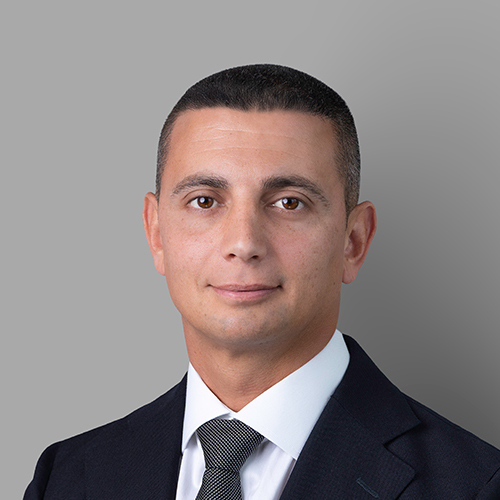While much of Europe is still working through pricing resets, Dubai has moved into a different phase of the investment cycle, one defined by fundamentals rather than speculation.
Cushman & Wakefield’s latest Capital Markets report Conviction Points for Entry highlights a shift among global investors: from generalist strategies to more focused, thematic plays based on resilient demand, location strength, and long-term income stability. These are precisely the dynamics underpinning UAE real estate today.
Dubai’s office market continues to demonstrate strength. Citywide occupancy is holding at 92%, and Grade A stock is averaging 95%. Asking rents have climbed 22% year-on-year to AED 190 psf, reflecting tight supply and landlord confidence. Although only 0.89 million sq ft will deliver this year, a larger wave begins in 2026, including Grade A, ESG-compliant space in key corridors like DIFC, Sheikh Zayed Road, and Business Bay. Much of it is already attracting strong pre-leasing activity, underscoring continued demand from professional and financial services.
Investors are responding - not to recovery hopes, but to evidence of market resilience. But while the opportunities are there, they are not always easy to find. Competition is intensifying, prime stock remains limited, and regulatory complexity can add friction. In this environment, the ability to access the right opportunities, and structure them effectively, makes experienced advisory support more important than ever.
This same theme is visible across other segments. Commercial off-plan projects, while still a niche, are gaining momentum in emerging areas. They offer SMEs and private investors access to ownership, while diversifying the city’s office market beyond traditional leasing models.
Repositioning is also beginning to shape investor strategy. Buildings delivered during the city’s earlier development cycles are approaching the age where measured upgrades can unlock stronger returns. Recent transactions show growing interest in assets with solid fundamentals that can benefit from targeted refurbishment.
In the industrial market, occupiers are pushing for higher standards - electrification, smart infrastructure, EV readiness - and developers are aligning product accordingly. Free zones such as Dubai South and DIP are adapting to serve these needs, supported by growing interest from logistics, auto-tech, and green supply chain operators.
There is also growing activity in non-traditional investment structures. Tokenisation pilots have demonstrated global demand for fractional real estate investment in Dubai, while regulatory reforms are giving free zone companies greater access to the mainland, reshaping demand patterns across both core and secondary locations.
All of this points to a market where investor conviction is being driven by clear use cases, stable income, and regulatory alignment. Pricing discipline matters, but it’s the underlying drivers of absorption, occupancy, and operational viability that are informing capital allocation.
The UAE may not be part of the same recovery cycle as Europe, but it is offering entry points based on structural demand and forward-looking policy. For global investors seeking durable performance, the opportunities are already materialising.




